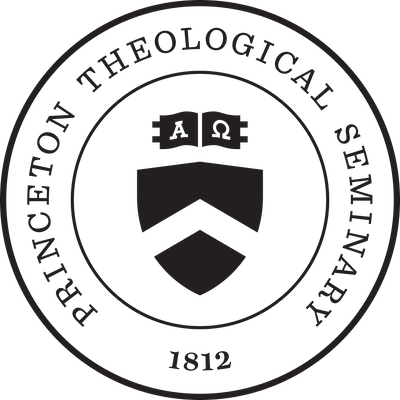Item Details
A Medieval Treatise on Galatians 2: 11-14: Pierre d'Ailly (1350-1420)
| Author | Froehlich, Karlfried |
|---|---|
| Date | 1961 |
| Format | Thesis |
| Description | 94 pages |
| Language | English |
| Subject | Church History |
| Topics | Ailly, Pierre d', 1350-1420? |
| Notes | This was my M.A. thesis submitted at Drew 1961. The text has been slightly revised but the documentation has not been updated and reflects the scholarly situation of the early 1960s. Much of the printed material which I used, however, is still basic for research in the field and has become available in reprints or online. |
| Abstract | The M.A. thesis at Drew University introduces, transcribes, and translates an unpublished Latin text written around 1380 by Pierre d'Ailly who, as a leading theologian of the University of Paris, bishop of Cambrai, and cardinal played a central role at the Council of Constance (1414-18), the council which ended the Great Schism of the West by disposing of three popes (causa unionis), caused John Hus to be burned at the stake (causa fidei), and made some attempts to reform the Church (causa reformationis). Gal. 2:11-14, the Pauline passage mentioning the altercation between the Apostles Peter and Paul at Antioch, was used as the main biblical support for conciliarism, a movement among Paris academic theologians which argued since the beginning of the Schism in 1378 that, just as Peter was rightly rebuked by Paul, popes can err and be corrected by a Council representing the Church Universal. As a leading conciliarist, Ailly used the passage prominently in his later writings. Our quaestio antedates this conciliarist phase. Discussing the controversy between Jerome and Augustine over the passage, the young scholar endorses the position of Augustine who maintained Peter's culpability against Jerome's suggestion of a staged simulation. It also favors Augustine's definition of the "times of the Law" and follows Augustine's speculative suggestion that Peter probably gave in at Antioch and became the model of the "humble prelate" who accepts the necessary correction even from subordinates. At the very end of the treatise the author hints that this theme may well apply to the recent outbreak of the Schism with its two papal contenders. |
| DOI | https://doi.org/10.17613/106d-cc44 |
| Contributor | Princeton Theological Seminary |
| Rights |

